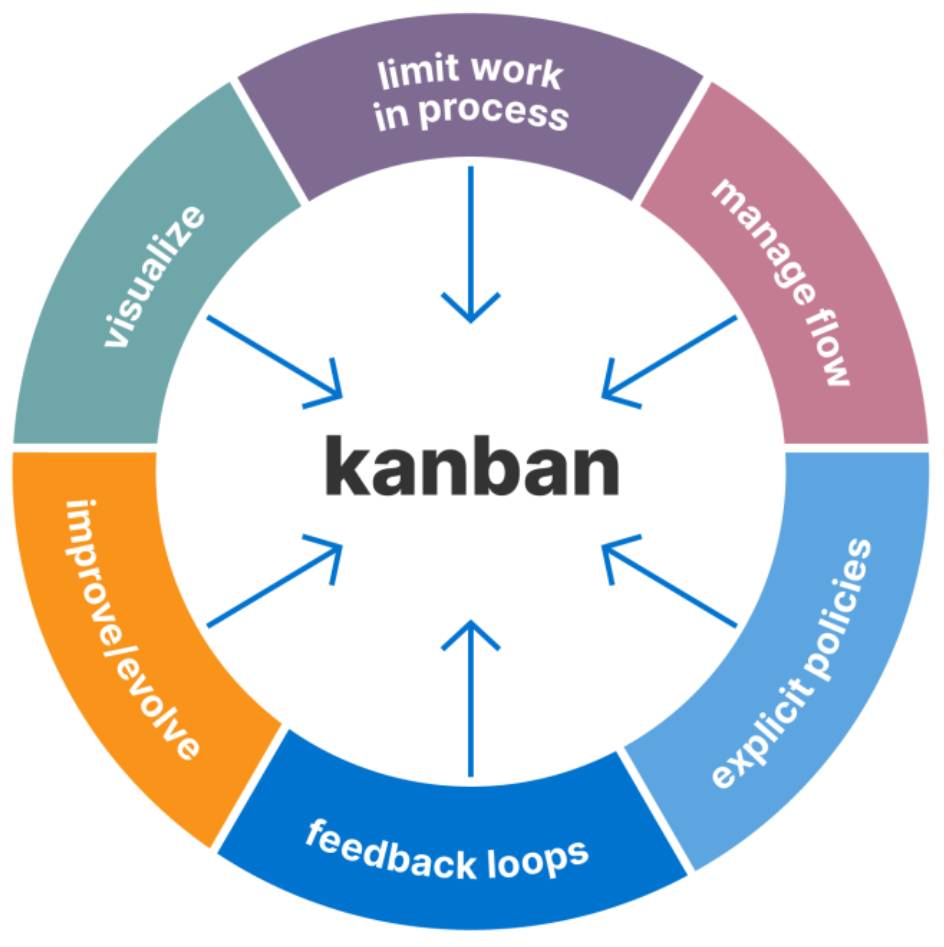
Software development demands the exploration of effective methodologies to enhance productivity and foster innovation. It’s not easy to get inspired and find a way to instill these practices, but there is one source of inspiration that holds valuable principles, which is Japanese philosophy.
We can discover new perspectives and methodologies to elevate product management by drawing from concepts deeply rooted in Japanese culture. Let’s explore the top 7 key Japanese principles that can be applied to this ever-evolving field.
Kaizen is the Japanese philosophy of continuous improvement. It is the cornerstone of efficient and effective product management. When teams use this approach, they do not focus on end goals only. Instead, they embrace the ongoing refinement process.
They regularly review and optimize workflows, development processes, and product features to ensure that they collectively always progress toward excellence.
This work is derived from the Japanese term for “visual card” or “visual signal.” Kanban is a visual management system that helps in optimizing workflows.
when teams apply Kanban principles to product management, they improve task visualization, limit work in progress, and enhance the overall flow of work. This results in increased transparency, improved collaboration, and responsiveness to changing priorities.

Kaikaku is all about radical changes to achieve significant improvements. In product management, embracing Kaikaku might represent challenging traditional processes and adopting innovative approaches to bring about transformative changes in product development and management strategies.
Hoshin Kanri is a strategic planning methodology. It aligns organizational goals with day-to-day operations.
In product management, this involves setting clear objectives, which means all aspects of the development process are directed toward achieving these goals. To implement Hoshin Kanri, teams deploy strategic plans throughout the organization by working cohesively toward a common vision.
Wabi-Sabi, can be a guiding principle in product management. It is an aesthetic concept celebrating imperfection and impermanence. Teams embrace this concept by recognizing that software and processes may not be perfect.
It encourages a mindset of continuous learning and improvement within the team members. Moreover, embracing the beauty of imperfection fosters an environment where teams feel empowered to experiment, iterate, and evolve.
Jidoka, emphasizing automation with a human touch, aligns well with the demands of software development.
By combining automation tools with human intervention, product management teams check that quality is maintained while efficiency is enhanced. This approach results in a more sustainable and resilient development process.
The practice of self-reflection and learning from mistakes is called Hansei in Japanese. It is a valuable aspect of Japanese philosophy that is easily applicable to product management.
It encourages a culture of reflection after each project or release allows teams to identify areas for improvement. By analyzing successes and failures, teams can refine strategies and enhance their capabilities.
Your team can derive insights and strategies from these principles to enhance their product management practices. They can embrace a diverse set of Japanese philosophies for a well-rounded and adaptable approach to navigating the challenges of software development.
USA408 365 4638
1301 Shoreway Road, Suite 160,
Belmont, CA 94002
Whether you are a large enterprise looking to augment your teams with experts resources or an SME looking to scale your business or a startup looking to build something.
We are your digital growth partner.
Tel:
+1 (408) 412-3813
Support:
+1 (408) 512 1812

COMMENTS ()
Tweet